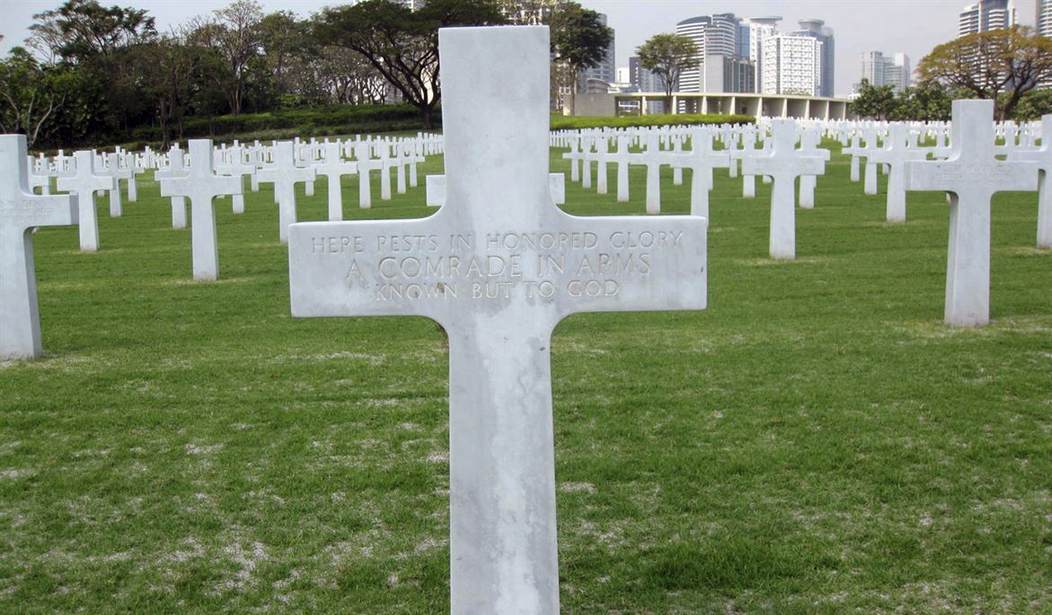Before “words are violence”, men were men.
“That was the roughest 10-15 minutes I ever spent,” said one pilot. A squadron of B-24s had flown in one of the first days of Operation Argument. It had been a success. Only three crews didn’t return. It was the beginning of the Eighth Air Force’s big winter of 1944 push to cripple or crush the Luftwaffe ahead of the D-Day invasion. The crews called it the “Big Week”.
Jim had been promoted to Major. In comparison to most of the bomber crews, Jim was ancient. He was 36. On a cold February 24th in 1944 he watched from the tower as bombers returned. That day, it wasn’t his turn to fly. Half of the flight didn’t come back on February 24th. 12 crews were lost. He would lead the next day’s mission over Fürth. It would be his second mission of the Big Week.
The next day, German skies were filled with Allied aircraft. 754 bombers and over 200 fighters dotted the skies over Bavaria. Flying at 18,500 feet, with the bomb bays already opened, a sudden incalculably loud blast ruptured the air in the cockpit. Jim was in the copilot’s seat. Although he was strapped in, his body rocked upward and back down. An 88mm shell had blown a hole in the aircraft almost directly between Jim and the pilot. Both men looked at the hole and down at the German landscape below. The crew was on oxygen and wore wool flight suits to keep the intense cold at bay. It made little difference. 40 below zero air was sweeping into the interior. With a gaping hole in the middle of the Dixie Flyer, Jim watched in horror as other planes were hit by flak. Another B-24 took a direct hit and disintegrated before his eyes. One parachute. The rest of the crew, if not already dead, fell to their deaths. The Dixie’s parachutes were blown up with the 88 shell that ventilated their cockpit. No exit now. Jim and his pilot knew that they would either make it back or die. No parachuting into German and a POW camp.
At 18,500, ice was forming around their oxygen masks and on their exposed skin. The instruments were icing over and the two pilots had to collectively muscle their crippled bomber back home. They made it back as the Dixie, split almost in two, and came to a stop just seconds away from falling completely apart. Jim was “blue” from the cold and shell-shocked. He would fly again but he was “broken” for a few weeks.
Jim, Jimmy Stewart returned home to a film carrier that he thought was over. His hair had turned gray. Stewart rarely spoke about the war after he returned. He refused to do a movie about his life. His Distinguished Flying Cross was displayed in his father’s hardware store.
Before he was an actor, Walter Matthau was a radioman and gunner aboard a B-24 in the same group as Jimmy Stewart.
Most crew members weren’t famous or about to be famous like Stewart and Matthau. They were mostly “kids” who were 18 to 21 years old. Even pilots commanding a crew were usually in their early 20s. College-aged boys-to-men. Most bomber crews knew the odds of returning home were small. The Memphis Belle reached the magic number of 25 combat missions. Few did. Statistically, it was impossible to reach 25 missions and earn a ticket home. The crews knew that. By the end of combat operations in 1945 over 40,000 airmen died. Another 18,000 were wounded.
Airmen often endured brutal conditions while in combat. In winter, temperatures at altitude were around 40 below zero. In summer it was a toasty 0 Fahrenheit. B-17 waist gunners were wrapped in woolen flight suits to ward off hours in freezing, rushing air. Gunners suffered frostbite. In 1944, American men were fighting real Nazis, not “fighting” made-up phantom Nazis on Twitter.
80 years later, Americans the same age as Walter Matthew was in 1942 are, in 2022, claiming that mere words are violence. College professors must warn 21-year-olds with trigger warnings that a word or phrase might be spoken. Americans in college now seek “safe spaces” to decompress from “dangerous words” like “picnic”.
At Brandeis University, the school prepared a trigger warning list of words and phrases to avoid because they might traumatize a student. One of the phrases is, “trigger warning”. Schools are mandating that employees use “preferred pronouns” no matter how unscientific or absurd they may be.
We are at an inflection point. We aren’t at the point of no return, but I fear, we are close.













Join the conversation as a VIP Member